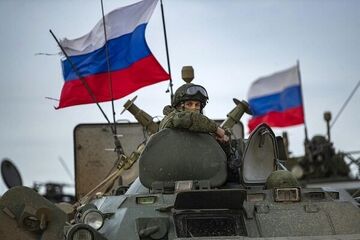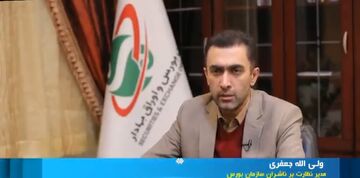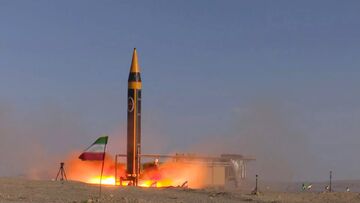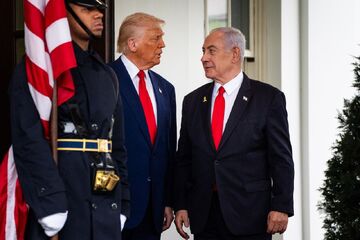TEHRAN(Bazaar) –Shireen Tahmaasb Hunter, a professor of political science at Georgetown University, tells the Bazaar that this round of negotiations could be one of make or break.
She says: “If progress is achieved between Iran and other parties to the JCPOA, especially the US, on key questions, even if all issues are not resolved, then prospects for resolving the remaining issues during another round of talks will improve.”
“However, if there is no progress, then one must assume that JCPOA will not be revived,” Hunter comments.
Following is the text of the interview of Bazaar with Prof.Hunter:
Bazaar: The new round of nuclear talks between Iran and the other side of the JCPOA started on Monday. What is your assessment of this round of talks?
Hunter: This round of negotiations could be one of make or break. If progress is achieved between Iran and other parties to the JCPOA, especially the US, on key questions, even if all issues are not resolved, then prospects for resolving the remaining issues during another round of talks will improve. However, if there is no progress, then one must assume that JCPOA will not be revived.
Bazaar: According to some news, Iran's nuclear team has brought many economic experts with it to Vienna, and Iran has announced that it is negotiating to lift sanctions. What message does this have for America?
Hunter: Iran maintains that the talks' purpose is to get the sanctions on Iran lifted. However, other parties to the talks do not share Iran's perspective. They have demands of their own that they expect Iran to satisfy. If Iran insists on its declared position, then the chances of a successful conclusion to the talks will be rather slim.
Bazaar: In his recent travels, Robert Malley has been able to gain the support of the Persian Gulf states for a nuclear deal. However, during the Obama administration, the GCC member states opposed the JCPOA. What is your assessment of Robert Malley's trip?
Hunter: Ultimately, the Persian Gulf Arabs will accept any deal that Iran and the US agree upon. However, if the talks fail and the US increases pressures on Iran, Iran-Gulf Arab relations most likely will suffer. They will not befriend Iran in the face of serious American opposition.
Bazaar: Some believe that if the talks fail, the United States will probably block the export of Iranian oil to China. Is this possible? Iran sells oil while under sanctions.
Hunter: Iran is exporting very little oil. China is not buying as much oil from Iran that it does from other producers. It is quite likely that the US and China will strike a bargain according to which China ceases its imports of Iranian oil and the US accommodates Beijing on some other matters.. US- China relations are very complex and a mixture of competition and occasional accommodation. US-China relations are not as clear cut as those between the US and the USSR during the Cold War. Thus, Iran should not count on China as an instrument of pressure on the US.
Bazaar: If negotiations fail, what action might the United States take against Iran at the International Atomic Energy Agency?
Hunter: In case the talks fail, the US could try to have the Iran nuclear dossier again be sent to the Security Council. Such an action could mean the return of international sanctions as well as the existing US sanctions. Such an outcome would make Iran's economic, and hence, social and political, conditions even worse.
It is important that Iran does not miscalculate. Some in Iran seem to think that, because of its concern about China, the US is anxious to leave the Middle East, and therefore, has no other choice but to accommodate Iran.
But they should realize that the US defense strategy envisages at least two simultaneous conflicts. In other words, confronting China does not necessarily mean that, if necessary, the US will not respond to challenges in other theaters, including the Middle East. Also, Iran should realize that it is in a weak bargaining position.















نظر شما